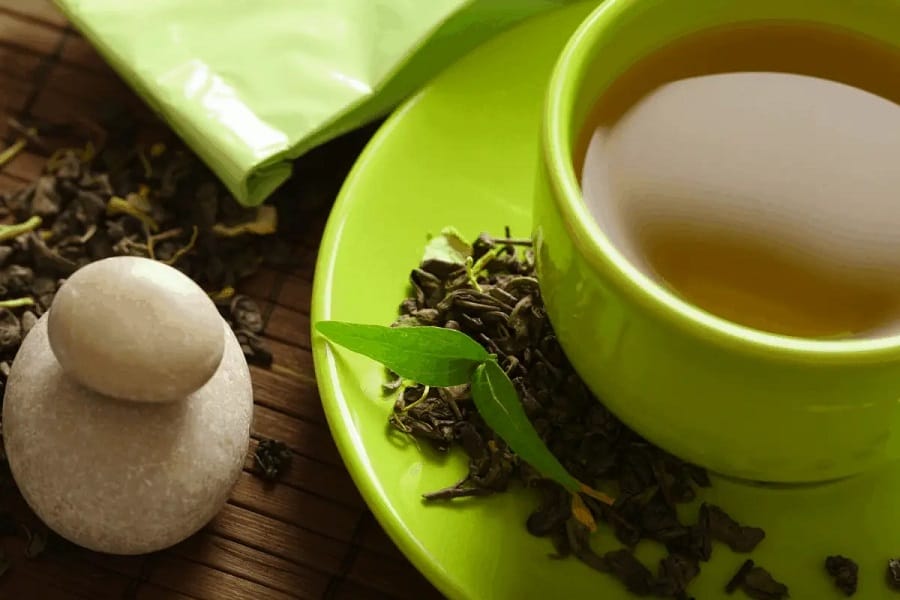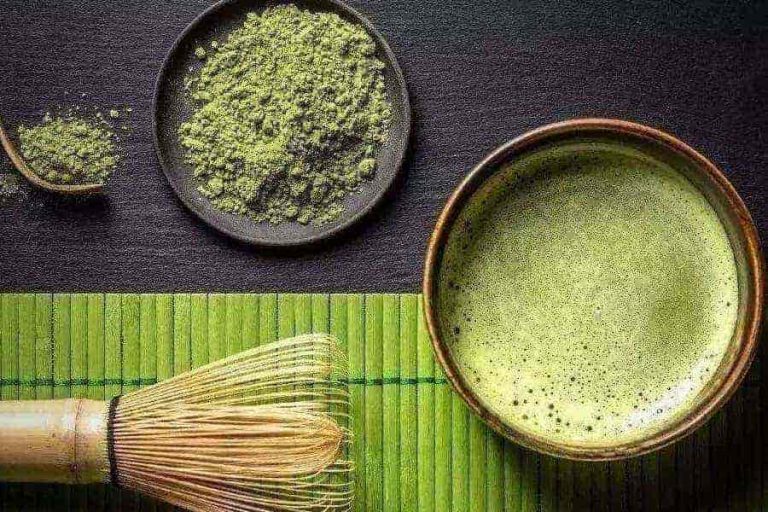The Relationship Between Green Tea and Bowel Movements: Exploring the Facts

Green tea has gained immense popularity as a refreshing beverage known for its potential health benefits. However, there is a common misconception that green tea acts as a strong laxative on the digestive system, leading to questions about its effects on bowel movements. In this article, we will delve into the topic of green tea and its impact on digestion to provide a comprehensive understanding.
Understanding Green Tea Composition:
To understand the potential effects of green tea on bowel movements, it’s important to examine its composition. Green tea contains caffeine and catechins, both of which can influence digestion differently. Caffeine is a well-known stimulant that can increase contractions in the colon, potentially leading to increased bowel movements. Catechins, on the other hand, are antioxidants that have been associated with promoting digestion and gut health in certain studies.
Is Green Tea a Laxative?
Contrary to popular belief, green tea is not considered a strong laxative. While some individuals may experience mild stimulation of the digestive system after consuming green tea, this effect varies between people. Green tea’s impact on bowel movements depends on factors such as an individual’s sensitivity to caffeine and their unique gut microbiome. It’s important to note that green tea is unlikely to cause significant bowel irregularities.
The Role of Caffeine in Bowel Movements:
Caffeine, present in green tea, can have a stimulating effect on the digestive system. By increasing contractions in the colon, caffeine may contribute to more frequent bowel movements in some individuals. However, the intensity of this effect depends on the individual’s sensitivity to caffeine, and excessive consumption of caffeine can lead to diarrhea or loose stools. Moderation is key when considering the impact of caffeine on bowel movements.
Factors Affecting Bowel Movements:
It’s essential to recognize that responses to green tea and other foods or beverages can vary among individuals. Several factors influence bowel movements, including diet, hydration, stress levels, and physical activity. A well-balanced lifestyle that incorporates fiber-rich foods, adequate hydration, stress management, and regular exercise supports optimal digestive health. Understanding one’s own body and making adjustments accordingly is crucial.
Potential Benefits of Green Tea for Digestion:
While green tea may not directly act as a laxative, certain components, such as catechins, have been associated with supporting digestion and gut health. Studies suggest that green tea consumption may improve gut microbiota diversity and reduce inflammation in the gut. Additionally, its antioxidant properties contribute to overall digestive well-being.
Conclusion:
In summary, green tea is a popular beverage known for its potential health benefits. While it may mildly stimulate the digestive system in some individuals, it is not considered a strong laxative. The effects of green tea on bowel movements depend on various factors and vary between individuals. Maintaining a balanced lifestyle, including a fiber-rich diet, hydration, stress management, and regular physical activity, contributes to optimal digestive health. Incorporating green tea alongside these practices may offer additional benefits for digestion and overall well-being.
















